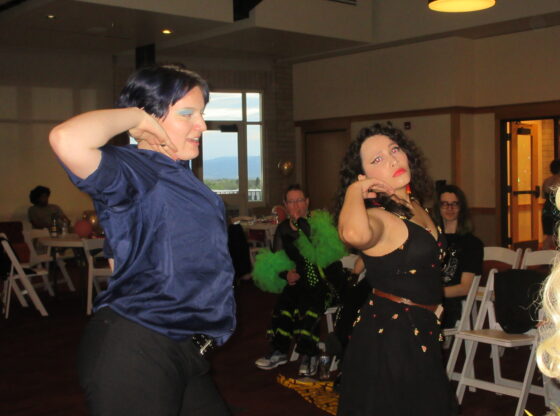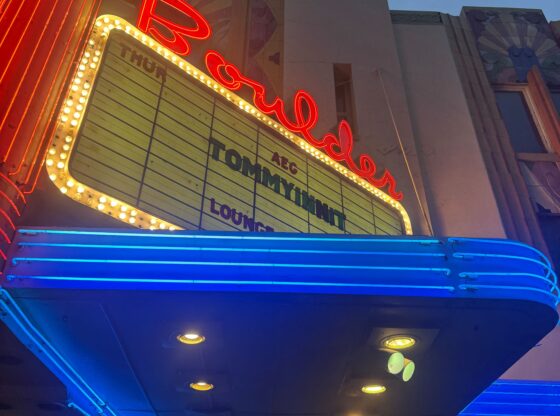This week, Netflix released the new “Trial 4” documentary series which centers on the tragic homicide conviction of Sean K. Ellis, who was innocent of the crime for which he was accused. The series also manifests broader issues of social injustice, systemic racism and police corruption.
Sept. 26, 1993. Boston police officer John Mulligan was shot five times while he slept in his car on a security detail outside of a Walgreens. Thousands of officers gathered for his funeral procession, and the investigation of his death was prioritized with the creation of a 65-member investigative task force.
Sean K. Ellis became the unfortunate scapegoat and cover-up for corrupt police officers Walter Robinson, Kenneth Acerra and John Brazil. Mulligan was a part of a corrupt circle that forged warrants and aggressively searched the streets for drugs. They would keep the majority of the money discovered in these raids and invest it in the drug circle to continue the vicious cycle. Socioeconomically disadvantaged raid victims, like Jose de la Rosa, were too afraid to sue or had their testimonies were discredited.
Robinson, Acerra and Brazil had to clean up any evidence of their illegal activities during the investigation of Mulligan’s murder. They needed the case to disappear quickly, so the narcotics detectives were suspiciously active in Ellis’ homicide case. The full extent of their corruption was not discovered until attorney Rosemary Scappichio took on the Ellis case decades later.
The officers manipulated the investigation by using a personal acquaintance as a key witness and influenced a photo identification. They threatened to contact the parole officer of Ellis’ uncle if he did not cooperate with their story. His girlfriend’s fingerprints were fraudulently reported on the murder weapon, and she also reported feeling pressured to alter her testimony. Brazil eventually admitted to these corrupt practices.
Despite the lack of conclusive and cohesive evidence, Sean K. Ellis was labeled the perpetrator of the murder. Ellis bought diapers for a family member at the Walgreens on the night of Mulligan’s murder, and the cops used that weak connection to frame him.
Ellis’ first two trials ended with deadlocked juries, favoring an innocent verdict, but unable to reach a unanimous agreement. He was convicted in his third trial of the year, an anomaly of court prioritization due to pressure from the police community. In 2018, the DA dropped all charges and Ellis was finally liberated after over 20 years of unjust imprisonment.
The documentary provides a panoramic view of how Ellis’ case is not an isolated manifestation of racism and corruption. Chuck Stuart murdered his wife and triggered an extensive and invasive neighborhood search by fabricating a Black assailant. The police were criticized for their quick acceptance of his description.
The Boston Globe has investigated corruption in the Boston police force for years, criticizing their lack of supervision and disciplinary responses. Although the full extent of their criminal offenses was not known, the police had sufficient evidence of malpractice to discharge several officers but did not.
The abuse of disadvantaged Black community members was nothing new. Ellis and his friends described their struggles to find employment and how lack of job opportunities led them to deal drugs to support themselves. The systemic racism of the police force feeds off the injustices within the educational system and housing market, as well as stereotypical perceptions of racial disadvantage.
Watching the documentary is not an easy or uplifting experience. News articles, police reports and television relate the essential facts, but “Trial 4’s” eight episodes capture the collective emotional trauma of the tragic story.
Ellis’ personal reflections powerfully enhance the emotional impact on the audience. He was arrested at the funeral of his beloved cousin who was murdered three days after Mulligan. The young man then suffered through hours of interrogation and legal counseling for his three trials. He was convicted for life yet had the fortitude to remain hopeful and pursue a fourth trial that granted him freedom. His family, the attorneys, jurors, judges, officers and community were not untouched by their part in the injustice.
Unfortunately, the superabundant descriptions of the police’s inadequacies do not elicit surprise. Instead, documentaries like “Trial 4” or “The Central Park 5” are analyzed case studies that reflect a much larger cache of wrongful convictions resulting from institutional racism.
Despite the heavy material, the documentary is worth watching because, as many of the interviewees in the documentary state, it is important to understand how and why these injustices occur so that they can be prevented in the future. Episode seven is dedicated to the district attorney election in Suffolk County. Some of the ways to achieve constructive changes to combat systemic racism are to listen, learn, educate, advocate and vote for authentic and transparent representatives.











